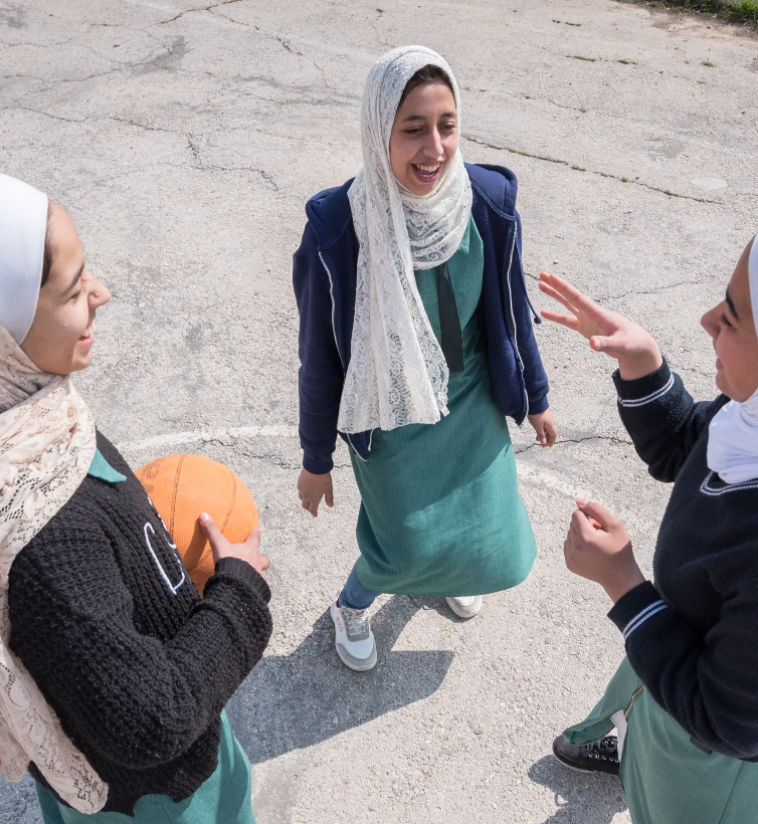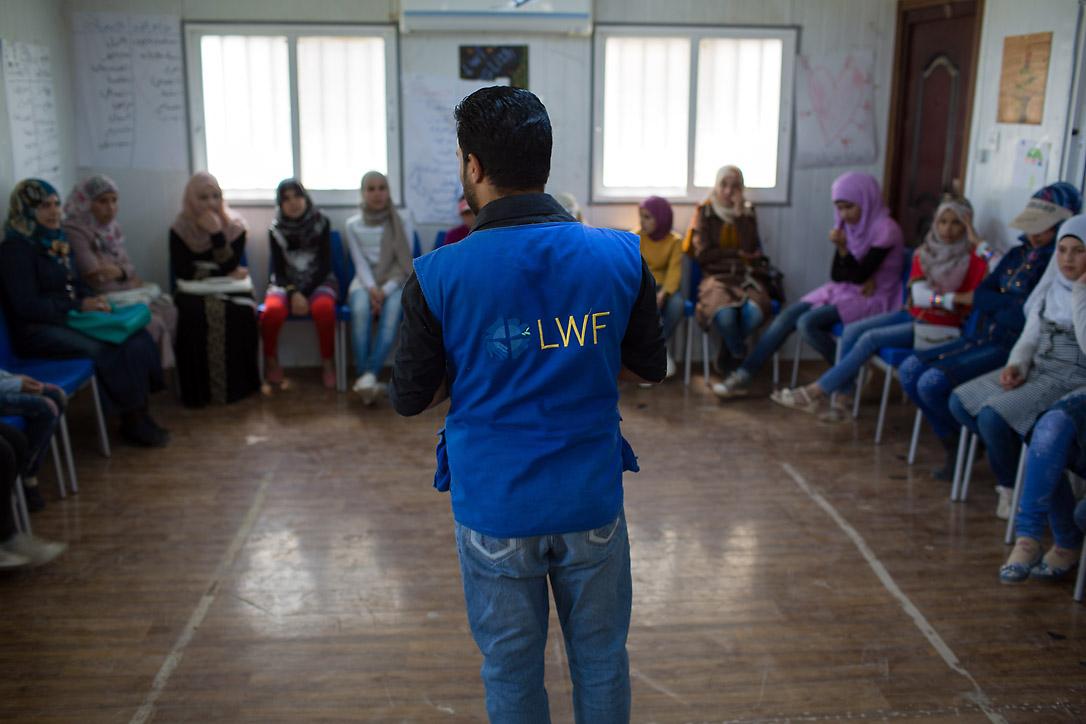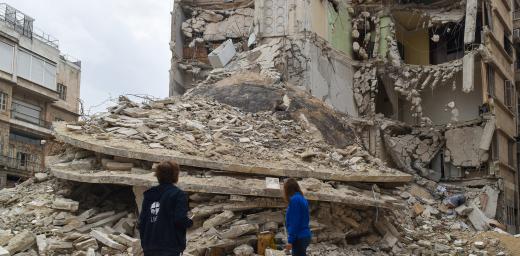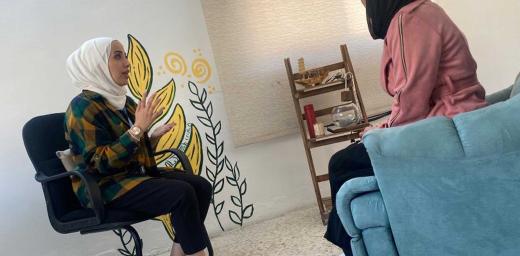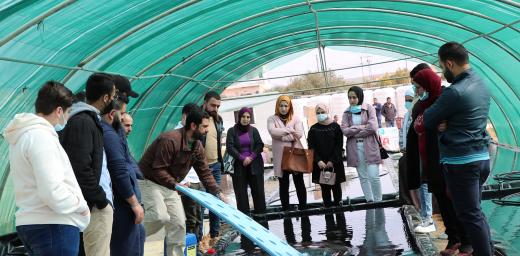LWF seeks to economically empower and increase the resilience of vulnerable and marginalized households and communities. This is done by increasing market-based, transferable, safe, and sustainable income generation opportunities, particularly for women and youth.
In 2019, 137 young men and women found employment after graduating from LWF Jordan-support vocational training courses.
In Education, LWF focuses on improving the quality of physical and social learning environments for pupils and teachers in public schools. LWF works on improving access to the formal education system or to alternative training for vulnerable out of school children and youth.
In the period 2015 – 2020, LWF Jordan improved learning environments in 175 schools in Jordan.
Through its community centers in host communities and camp in the northern governorates of Jordan, LWF Jordan offer counseling and case management services, as well as a variety of life skills and community-based activities intended to promote resilience, awareness-raising, and advocacy.
In 2019, LWF Jordan reached 3,756 individuals via its three community centers in Irbid, Zarqa, and Zaatari with protection programming.
Throughout its programming, LWF Iraq ensures a rights-based, gender-responsive and climate-sensitive approach, focusing on local capacity building and ensuring meaningful participation of vulnerable and minority groups.
Promoting and raising awareness among men and women, girls and boys on equal rights, while providing specific opportunities for engagement to uphold such rights, remains a priority across all LWF Jordan programs.
LWF Jordan opened its first community center in the Za'atari camp in 2012. Throughout the last nine-year, the LWF Peace Oasis has provided a safe space for families to gather and find support in the midst of the ongoing crisis. Centrally located in Za'atari camp, the Peace Oasis provides youth programming and support for caregivers and adults. The center focuses on a holistic approach to support youth and families to ensure that every home in the camp will be a safe and healthy place for children.
In May 2019, LWF Jordan established the first daycare center in Za’atari camp, the Smurf Centre. The center targets for children 3-5 years old, who are offered kindergarten / pre-school education and activities in an outdoor playground. One of the reasons for establishing the center was to enable their primary caregivers, their mothers, to attend relevant training sessions, and to find work in or outside the camp. In parallel with opening the Smurf Centre, LWF has increased the focus on livelihood activities for young adults in the Peace Oasis.
Former LWF World Service committee member, musician, and medical student, Jenny Moe, dedicated her song You, Me, and War to the 85,000 Syrians who have made their home in the Za'atari refugee camp, over the border in Jordan. Jenny encourages you to watch the video and support the Syria appeal.
